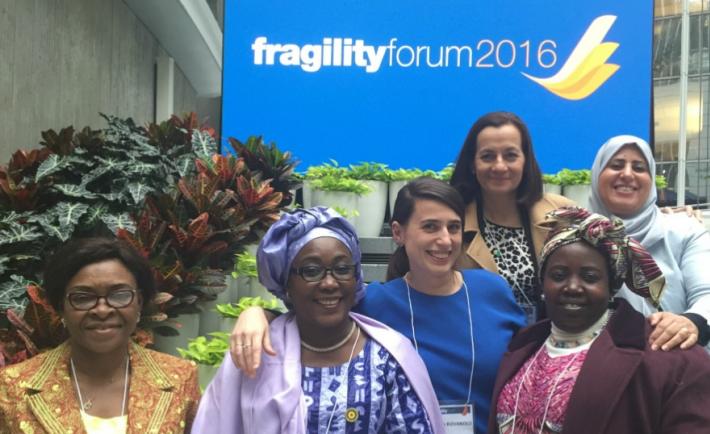
Members of the Defense and Security Commission of Burkina Faso's National Assembly meet members of the armed forces during an informational visit to a military base in Kaya.
Violence and crime pose serious threats to citizen security. A lack of response to these threats from authorities erodes public trust in government institutions and weakens prospects for stable democracy. Maintaining the peace and ensuring the security of citizens is necessary for a democracy to develop and endure. Likewise, democratic institutions, such as parliaments, media and civil society, help guarantee a focus on citizen interest and public good, especially related to civilian oversight of the security sector. Threats to citizen security are particularly notable in West Africa’s Sahel region and Central America’s Northern Triangle, areas where NDI works to bridge the gap between citizens’ security needs and the state’s ability to meet them.

